Pavlina Lyubenova, agronomist at BG AGRO, shares her observations on the challenges of einkorn cultivation and the experience earned throughout a period of 5 years.
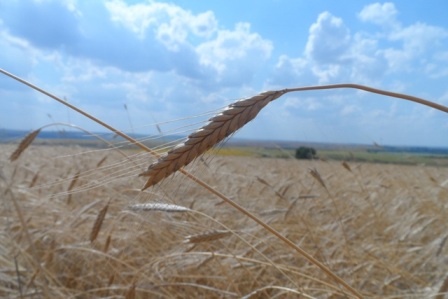
ADVANTAGES
- A non-demanding crop: Einkorn can be sown on different types of soil, as it is not hard to please. It is suitable for cultivation on soil that is deficient in nutritional and organic substances.
- Precursor: A good crop to precede einkorn is that, which leaves the soil in good structural condition and free from weeds. It is important to know that if the previous crop is rye, barley or wheat, some of their seeds will remain inside the soil and will mature at the same time as einkorn seeds. The developed plants /self-sown/ of rye or wheat are not resistant to different diseases such as ergot, unlike einkorn. During harvest einkorn seeds can be contaminated by diseased seeds from the self-sown plants, as well as ergot sclerotia.
- Sowing approach: Einkorn does not require special preparation of the soil, any different from traditional sowing on a compact area used with most grain crops. It is enough that at the moment of sowing the state of the soil guarantees ease and quality of the sowing process, consequentially providing simultaneous growth for the seeds.
- Sowing time: Sowing usually begins in the last ten days of September and lasts up until the end of the first ten days of October. Early sowing is preferable, as einkorn has a longer vegetative phase than wheat. Depending on the specific meteorological conditions of the production year, even einkorn that was sown late could provide good results.
- Depth of sowing: Seeds are placed in topsoil, in a depth of 3-4 cm.
- Sowing rate and density: The optimal sowing rate is about 420-450 seeds/m².
- Fertilization: The introduction of additional quantities of mineral fertilizers in order to achieve best yield is not necessary, seeing that einkorn is a non-demanding plant nutritionally.
Our recommendation is not to use fertilizers, in order to preserve einkorn’s valuable qualities. Our colleagues experimenting with einkorn cultivation share that one-sided nitrogen fertilization causes luxuriant growth of the thin and gentle stalk of einkorn. This growth of height leads to early lodging of the crop and makes harvest more difficult.
- Plant protection: Fungicides and insecticides are not necessary when cultivating einkorn – both pre-treatment of the seeds and during vegetation. It is resistant to diseases and enemies. This protection is genetically enclosed within the seeds.
Einkorn is not treated in any way with chemicals for protection – neither the seeds, nor the crops. This is due to the natural protection that the plant possesses botanically: the seeds have a hard shell; the wheat ear has tightly laid grains. For that reason, einkorn is a strong plant, that is resistant to disease.
- Care throughout the vegetative period: In autumn, during vegetation, no care is required.
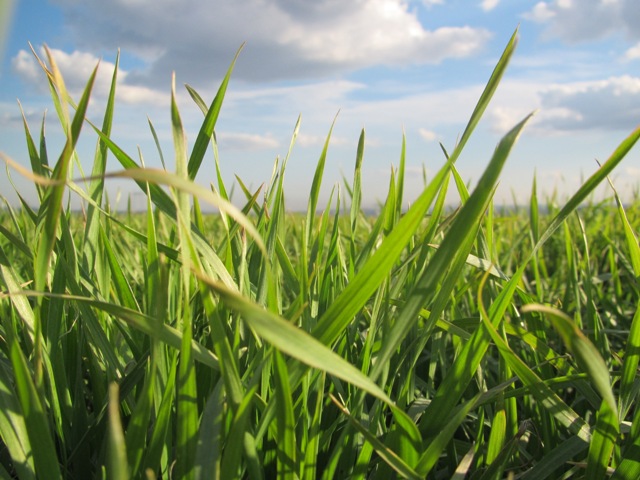
DISADVANTAGES
- Yield: Compared to conventionally grown grain crops, einkorn’s yield per hectare is lower. Our yield of einkorn for 2014 is 270 kg per decare. Post-cleaning of the seeds from impurities, real yield amounted to 250 kg per decare.
- Sowing material: At the moment there is a shortage of quality sowing seeds on the market to be offered to grain-producers. According to our estimate last year about 10 000 decares were sown in the country, which is negligible compared to the whole of agriculture. This year we have prepared a small batch of quality sowing seeds, and for next year we have the intention to prepare and disseminate more.
- Preparation of the seeds for human consumption: When preparing the seeds for human consumption except the usual cleaning from all impurities an additional process is required – removal of einkorn’s specific hard outer shell. After the hulling of the grains with a specialized hulling machine, for every 100 kg of unshelled einkorn between 60 and 70 kg are hulled. Our company is in possession of one of the few such machines in Bulgaria (imported from Austria). We use it to hull our own einkorn production and we offer the service to clients to hull their batches of einkorn.
Thanks to its advantages einkorn is not only an extremely valuable plant but also allows the cultivation of a healthy product, eliminating the need for application of pesticides (herbicides, insecticides, fungicides, acaricides, rodenticides, etc.) and mineral fertilizers.
BG AGRO sees einkorn as an alternative for agricultural producers in Bulgaria. They could include another crop in their sowing rotation, which would guarantee sustainable yield in case of abrupt climate changes.

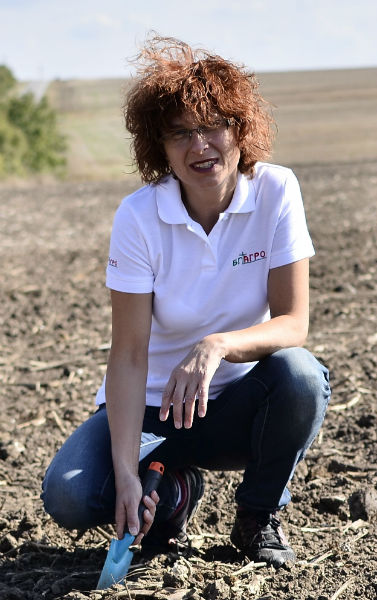
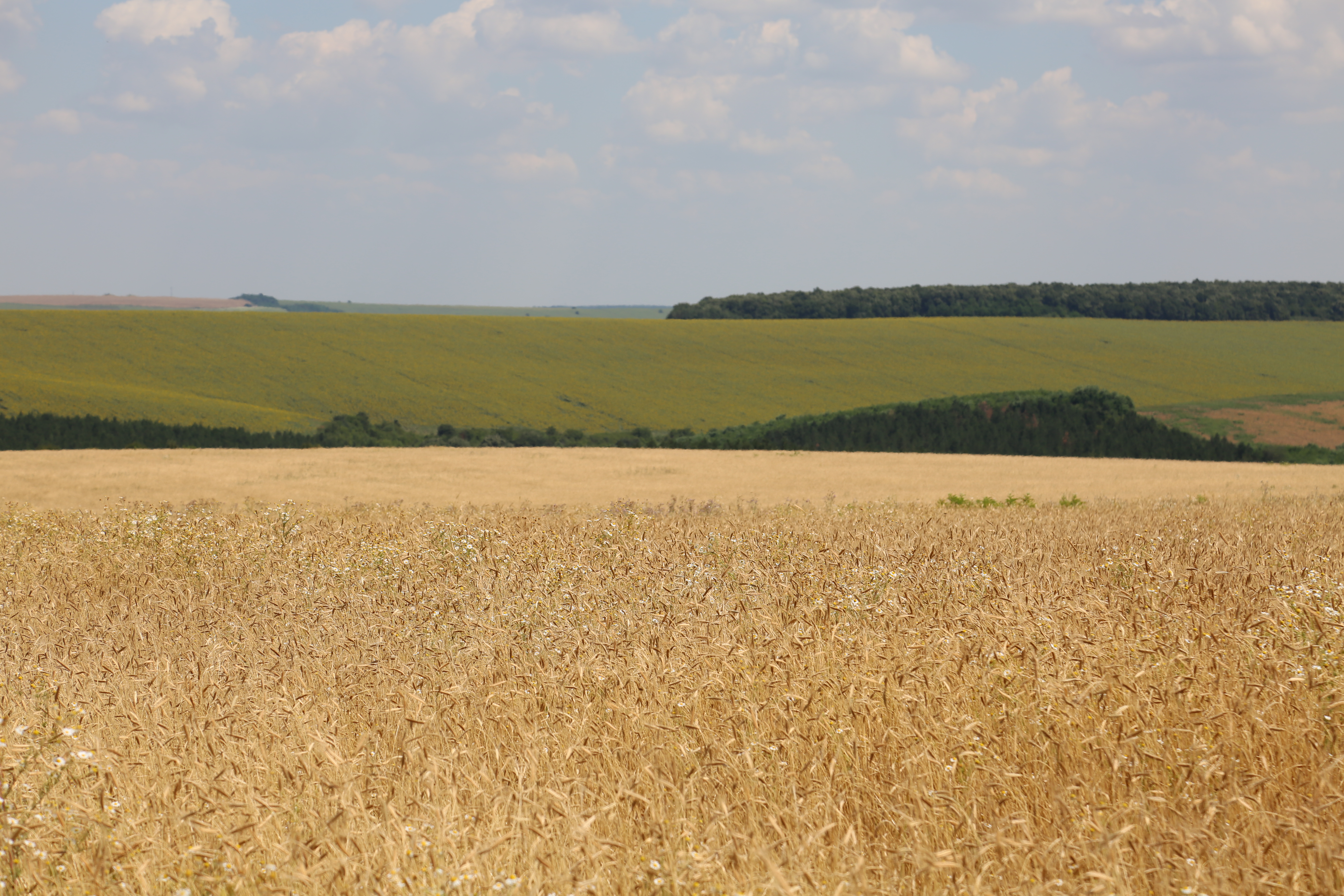
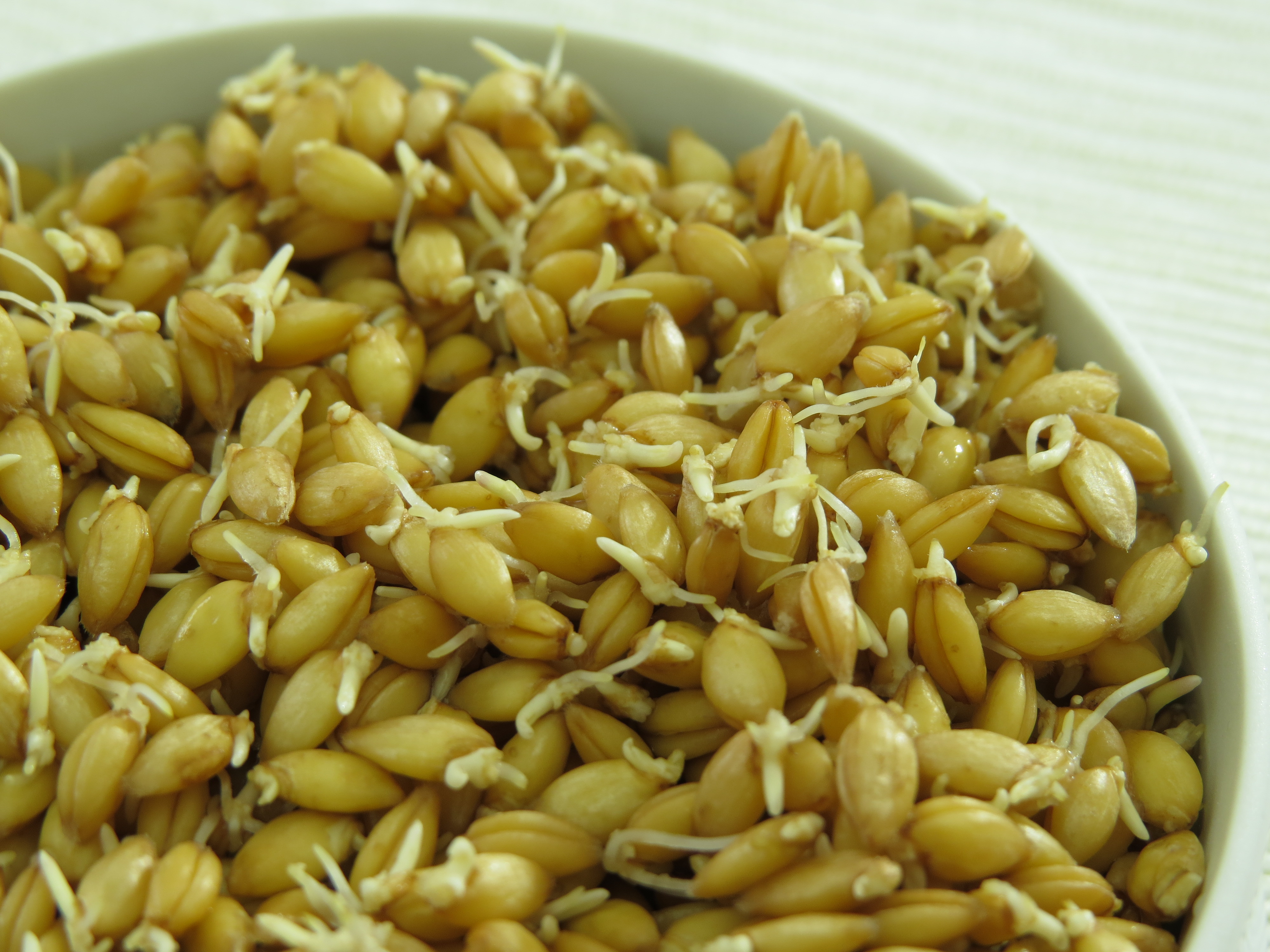
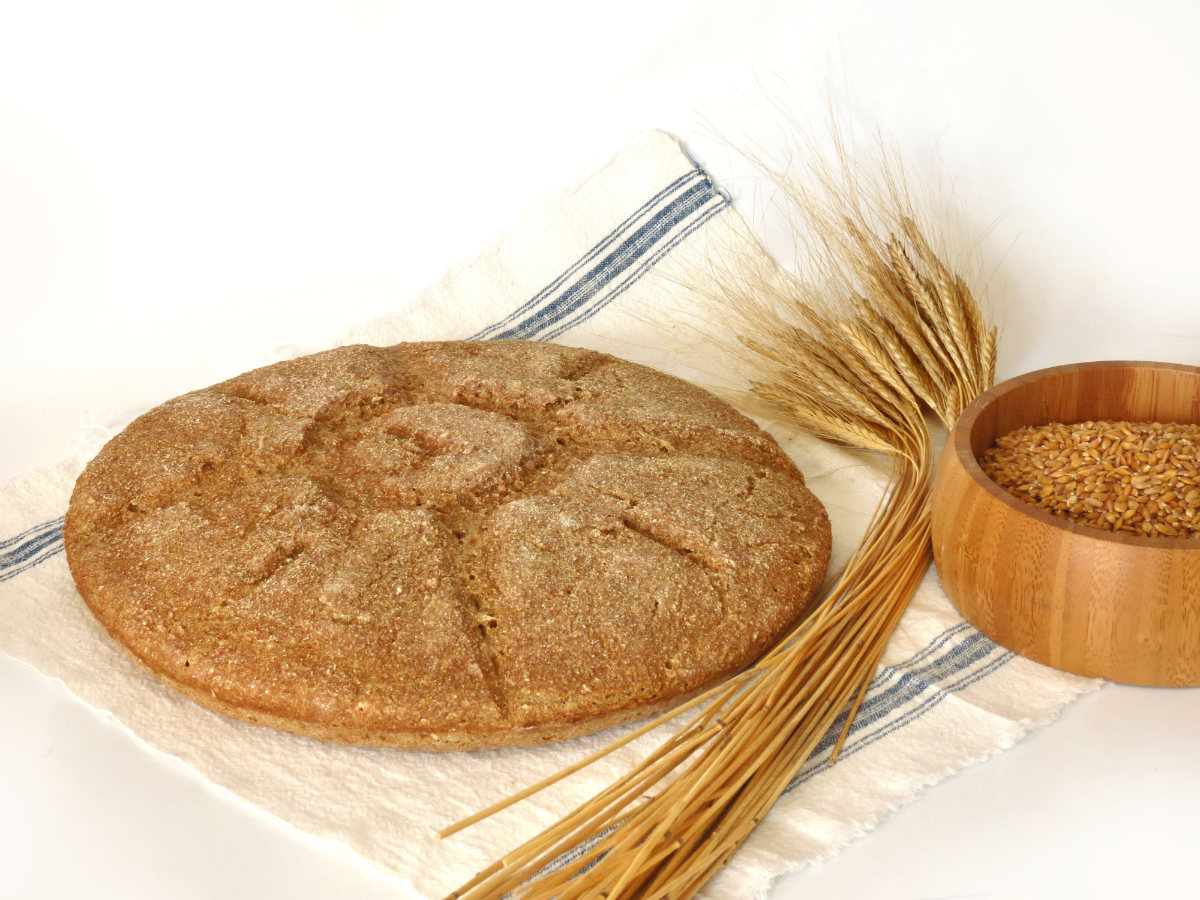
 Where to buy
Where to buy